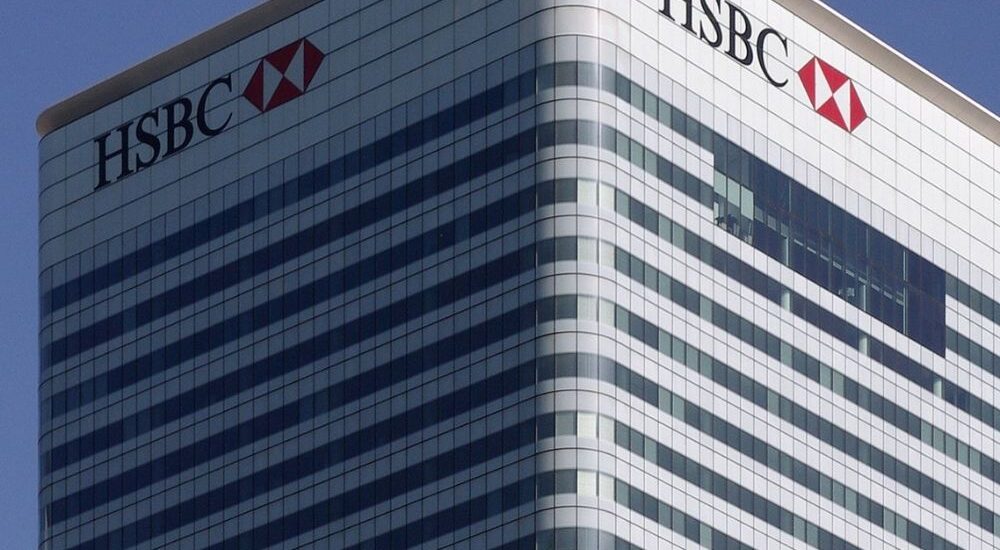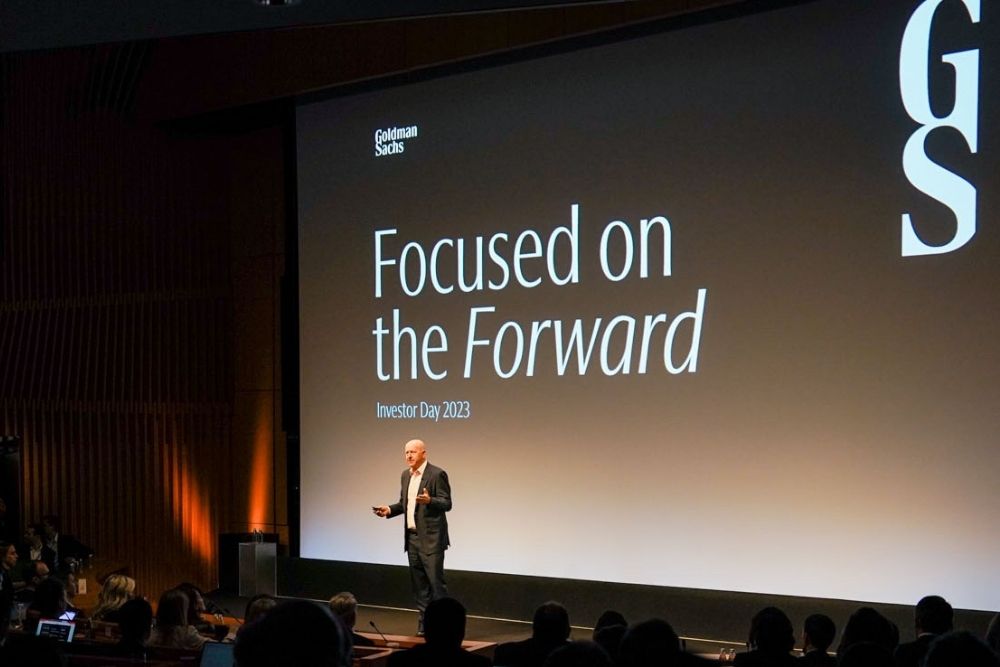HSBC suspends commercial payments to Russia, Belarus
- September 14, 2023
- Posted by: Quatro Strategies
- Categories: Business & Politics, Europe, Sanctions & Regulation

HSBC, Europe’s largest bank, has announced that it will halt commercial payments by its business customers to and from Russia and Belarus. This move comes as financial institutions continue to tighten restrictions beyond the sanctions imposed following Russia’s invasion of Ukraine.
According to HSBC, the increasing volume of sanctions and trade restrictions imposed globally on Russia and Belarus has made it increasingly challenging for the bank to operate in these countries. As a result, HSBC has decided to restrict commercial payments by its corporate entity customers to or from Russia and Belarus.
The bank has already announced its exit from Russia, but the planned sale of its unit to a local lender, Expobank, has faced delays and is pending final regulatory approval.
The decision by HSBC to restrict commercial payments to Russia and Belarus is in line with the broader trend of Western banks and financial institutions reducing their exposure to Russia in response to geopolitical tensions and sanctions. The West, including the United States and European Union, has imposed sanctions on Russian banks and individuals, and some Russian banks have been cut off from the international SWIFT payments system.
While some European banks still maintain a presence in Russia, the overall trend has been towards reducing business ties with the country. In contrast, China has deepened economic ties with Russia, highlighting the divergence in approaches among global powers.
Interested in learning more?
Sign up for Top Insights Today

Top Insights Today delivers the latest insights straight to your inbox.
You will get daily industry insights on
Oil & Gas, Rare Earths & Commodities, Mining & Metals, EVs & Battery Technology, ESG & Renewable Energy, AI & Semiconductors, Aerospace & Defense, Sanctions & Regulation, Business & Politics.



